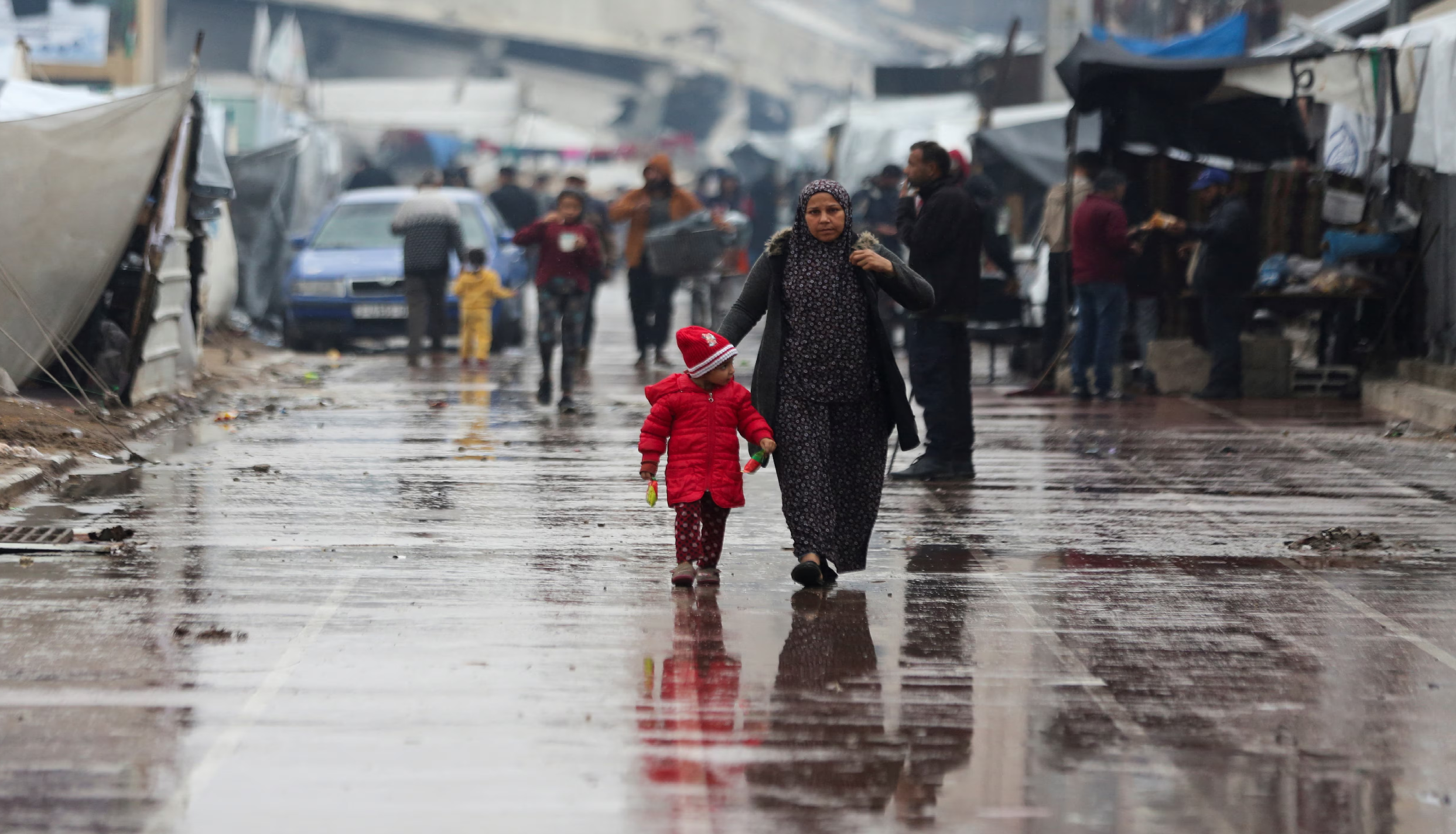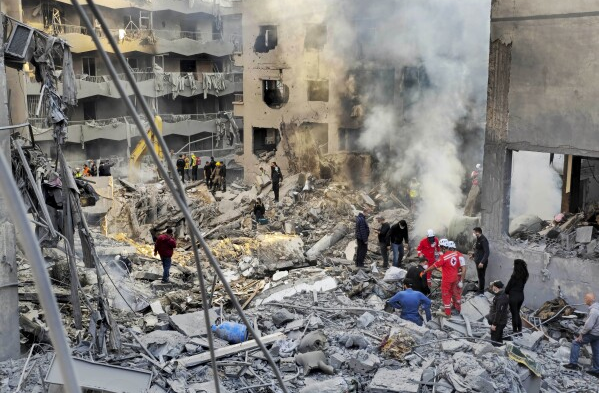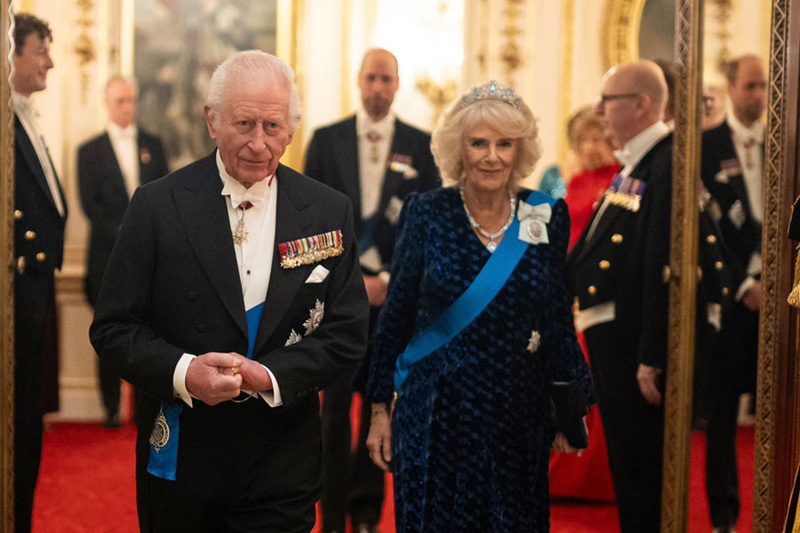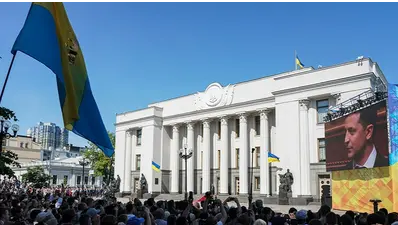
Qatar's growing role in conflict mediation in Middle East
NT Correspondent
Doha/Bengaluru: Hamas released two IsraeliAmerican dual nationals on Saturday as US President Joe Biden thanked Qatar for the same, underlining the tiny Gulf nation’s massive clout as a mediator.
Qatar monarch Tamim bin Hamad Al Thani and his mediators were able to secure the release of the hostages Judith Tai Raanan (59) and her daughter Natalie (17) because of having traction with Hamas.
The mother-daughter duo has been reunited with their family in Israel. Hamas and Israeli Defence Forces (IDF) have released separate videos showing the captives being released.
The erstwhile hostages from Evanston, Illinois, in the Chicago area, had been taken hostage in the Kibbutz Nahal Oz. About 200 others had been captured by Hamas and other Palestinian militant groups during their raid into southern Israel on October 7.
Emerging mediator
Qatar has bolstered its ability to mediate crises in the region since the early 2000s, bucking the trend of global powers dominating the scene.
The Gulf nation has been upwardly mobile in the realm of mediation since the World Trade Organisation (WTO) Doha round in 2001. For instance, Qatar mediated between opposing political factions in Lebanon in 2008, which yielded parliamentary polls in 2009, averting another civil war.
Ties to Palestinian resistance
The country also facilitated Hamas-Fatah unification talks in 2012. Qatar has also reached out to Islamist groups such as The Muslim Brotherhood and others operating in Syria during the Arab Spring, starting early in the past decade.
In 2013, Qatar allowed the Taliban to open an office in its capital Doha, facilitating talks with the US. The Gulf nation has complemented its mediations with generous aid to the countries involved.
 English daily published in Bengaluru & Doha
English daily published in Bengaluru & Doha






